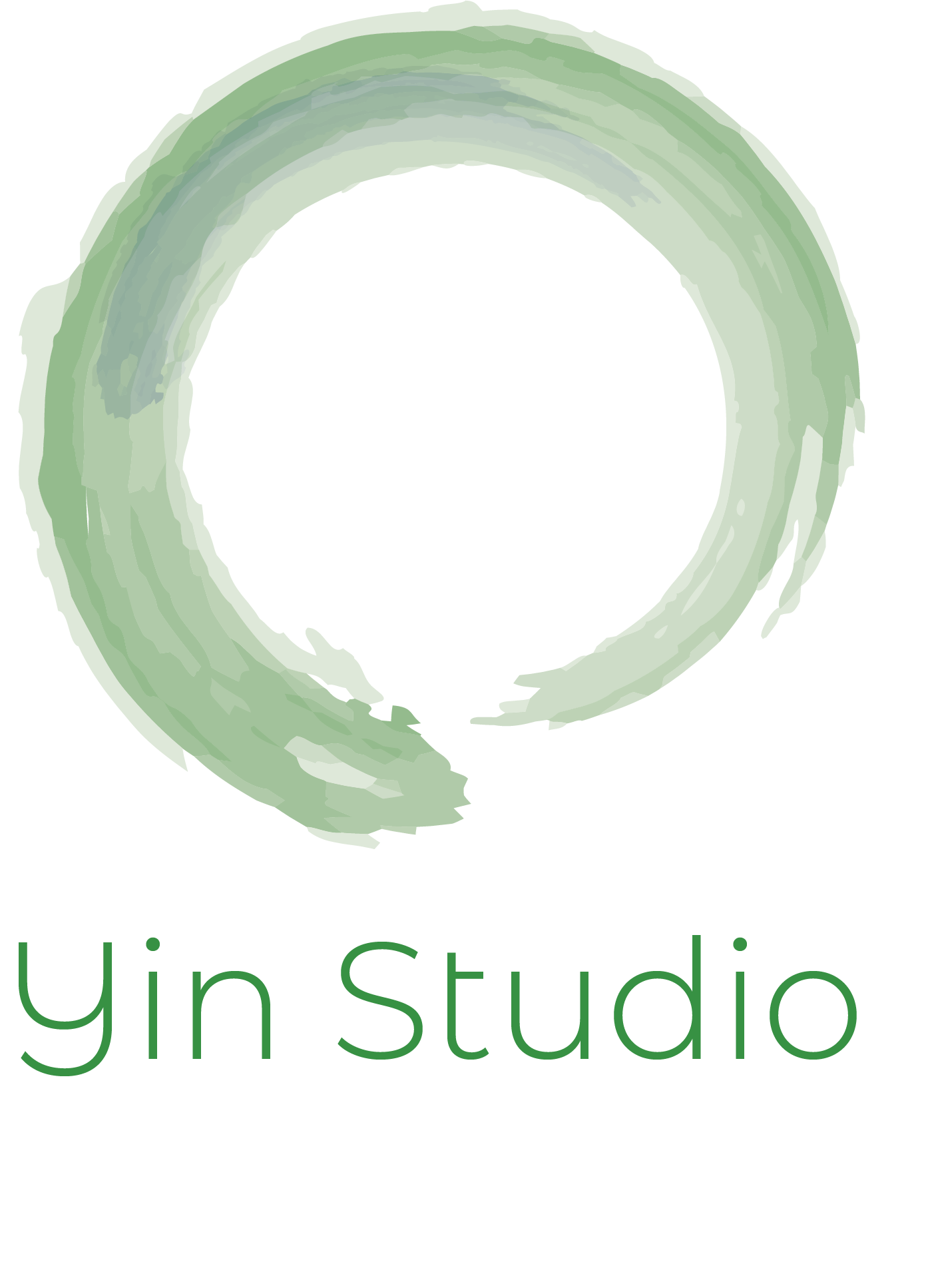The Importance of a Pregnant Pause...
Many of us have relentlessly busy lifestyles, and the idea of slowing down or switching off from the constant stimuli around us can actually seem scary. Fears of boredom or of losing our threads of connection to modern life might be daunting. Relaxation and mindfulness is not alluring to the mind that seeks to be busy, yet gradually and incrementally it can begin to show us a little more about the relationship between ourselves and our thoughts - because they are not inseparable.
Acquiring a relaxed state charges the body and this is of utmost importance during pregnancy. With many pregnant women managing full-time work and families and the accumulated stress and tiredness in body and mind, it is absolutely necessary to try to slow down in order to keep up with the work of art in progress inside you.
When you are in a state of deep relaxation, the parasympathetic nervous system gets activated, which is crucial for regulating the hormones that you need for a healthy pregnancy. Such hormones are transmitted to the baby through your placenta, thereby passing on the benefits with it. Stress and fear produce hormones such as adrenaline and cortisol. These hormones, if left unchecked, can actually hinder the progression of labour in a birthing room situation. Relaxation promotes the release of birthing hormones, which enable the labour to progress steadily and to be an enjoyable and calm experience.
The Japanese have a term called shinkyo which is a concept of mental wellbeing. During pregnancy they try to adopt a tranquil heart, limit stress and adopt a spiritual practice that will elevate the spirits. Pregnancy for many women can be an emotional roller coaster. Having a quiet space to witness feelings and experience them can be very liberating.
In contrast, modern-day Australia, once pregnancy is confirmed, the mother generally becomes a patient within the Western medical system, undergoing routine ultrasounds, having blood tests, being measured and so on. Depending on the patient, such examinations can create stress, particularly for first-time mothers-to-be, making relaxation and calming therapies an important addition to a pregnant woman’s schedule.
An Eastern perspective on pregnancy offers a gentle yet highly effective approach to fostering the health of baby and mother throughout pregnancy – and can be used very successfully in conjunction with traditional Western treatments.
The role of acupuncture in birth preparation
More than simply placing needles, Chinese medicine is a synergistic blend of treatments that have been known, for centuries, to help mothers-to-be have more comfortable pregnancies and even more calm births.
Pre-birth acupuncture treatments are recommended from 36 weeks onwards. The influence the body in a wide variety of ways. Here are some of the effects of acupuncture that may be helpful as you prepare for birth:
Release of the body’s natural pain killers (endorphins)
Ripening the cervix
Promoting relaxation
Modulating the interaction between hormones and nervous system
Helping with fatigue
The Benefits of Hypno-birthing
There is not one definitive way to have a hypnotherapy-assisted birth, and in most cases the birth mother learns techniques to apply in the birthing room herself, without a therapist present.
It's more a form of deep meditation, which encourages women to use their minds to manage the pain and unpredictability of childbirth. Advocates say because of this altered state of consciousness, the pain experienced in labour can become a controlled sensation for the woman.
I have recommended many pregnant clients to Charlotte Hogarth at Benefitting Birth and Beyond. She is a registered midwife and runs workshops and courses teaching parents-to-be.
https://benefitingbirthandbeyond.com/
